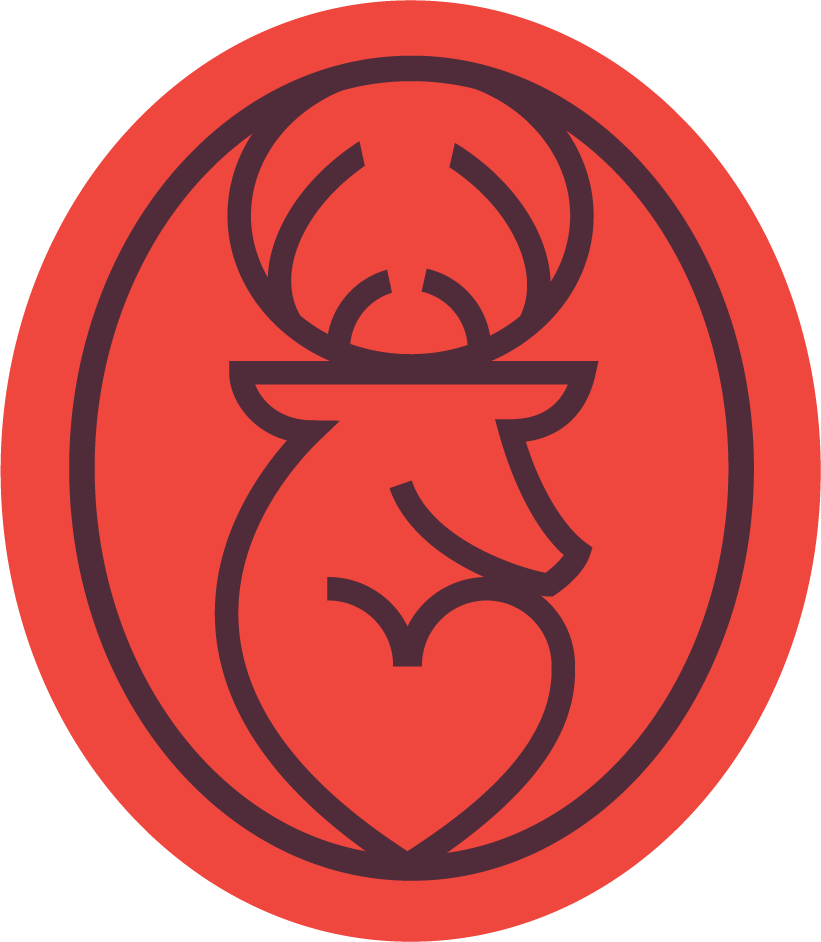✨ Bringing My Mother Home
When I flew home to California with my mother’s ashes last weekend, my grown children came with me. I had tucked the decorative cardboard box holding her remains into my suitcase, cushioned with care. At airport security, something surprising happened: a TSA agent opened the bag, and—unlike any search I’ve ever witnessed—handled the ashes with deep tenderness, reverently confirming what was inside.
And then we were off—my children, my mother’s ashes, and me—up in the air over a country so vastly changed since she was born in 1932. A country she struggled to understand in her final decade, as Alzheimer’s dimmed the light of her once-vibrant mind.
But in her wordlessness, we healed.
Or at least—I did.
I would sit at the edge of her bed in the memory care center, reading Mary Oliver poetry aloud. The words, like spells, seemed to bridge our souls. After each poem, she'd turn her cloudy blue eyes toward me, nodding as if she understood. Sometimes, miraculously, it seemed she surely did. I’d break down, sobbing on her fragile frame, grateful for those fleeting moments of presence. Once, she even leaned into my cheek, almost a hug after ten long years. Her body responded, though her mind did not.
That in-and-out presence wasn’t new. My mother had battled mental illness all her life—narcissism, paranoia, detachment. But in the absence of memory, that fell away, along with grudges. She no longer remembered what she believed I’d done wrong. In her silence, she was at peace.And I sensed she could feel the purity of my intention. In return, I found in her the cosmic mother I had always longed for.
We woke early in San Francisco. My son had rented a beautiful car, and the three of us drove across the Bay to Berkeley. Our first stop: my childhood home. I slipped up the driveway, scattering the first of her ashes beneath the lemon tree she once picked from, leaning out the kitchen window to pluck fruit for lemon meringue pies. I grew up baking lemon bars in that kitchen—her kitchen—a place where she truly shined. When I was restless during long summers, she'd hand me the reins: “Go bake something.”
That kitchen was one of the few places she seemed happy. Fragrant herbs, simmering pots, glasses steamed over. That was my mother’s version of joy.
Later, at the UC Berkeley Botanical Garden, we visited a memorial bench I had commissioned after my father died—both their names etched into the back. My children and I took photos, then I discreetly released more ashes behind the bench. They stood silently, their presence sanctifying this furtively rushed moment into something meaningful.
Nearby, we came upon a 200-million-year-old fossilized tree trunk. A reminder from the Earth herself.
“Things like this remind me that I don’t matter. This is comforting,” my daughter said.
“A stegosaurus probably brushed up against this tree,” said my son, ever the dinosaur-loving child. “The same particles that became grandma… are now returning to everything.”
We stood there, three generations touching a tree that had become stone. In the blink of an eye, my babies had become wise adults.
But it was at Abbott’s Lagoon where the real ceremony unfolded.
The sacred began before we even arrived: a deer appeared on a ridge along the road—silent, still, iconic. Why there? Why then? Deer have always shown up as messengers in my life. Their presence says: This is important. Awaken.
We hiked the trail, wildflowers dancing in the wind, herons standing proudly on the shoreline. I carried the last of her ashes in my backpack, heavy and holy.
At the water’s edge—not the chaotic ocean, but the stillness of the lagoon—I poured them out. They left a white swath on the sandy bottom, surprisingly beautiful. I turned to see my children witnessing it all, reverent, quiet. Their mother releasing her mother. Their lineage returned to the Earth.
On our way back, the wind stilled. Another deer stood near the trail, unafraid. The sight of her made me hold my breath. She stood there with us, blessing us with her trust.
Even when I don’t recognize the sacredness of a moment as it happens, the deer come. They remind me:
✨ We are part of something vast.
🌿 We are not alone.
🌌 We are small—and there is comfort in that.
Sometimes self-care looks like this: A sacred act of remembering who we are, where we come from, and what really matters. And sometimes, self-care looks like letting go. Sometimes, it looks like witnessing. Sometimes, it is standing at the edge of a lagoon, letting ashes return to the whole.

